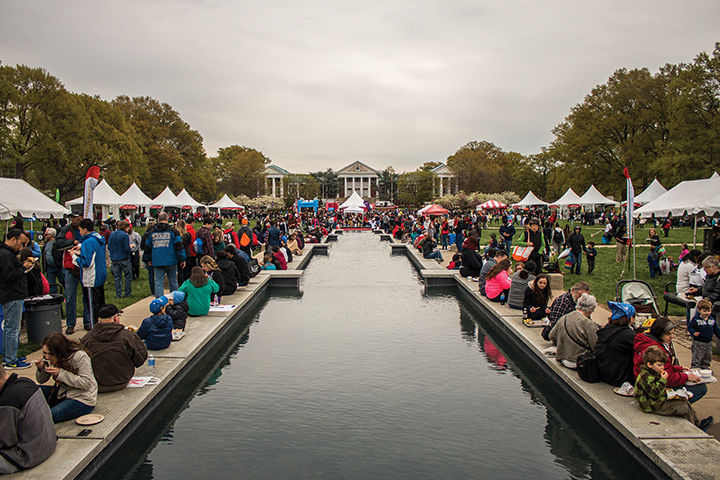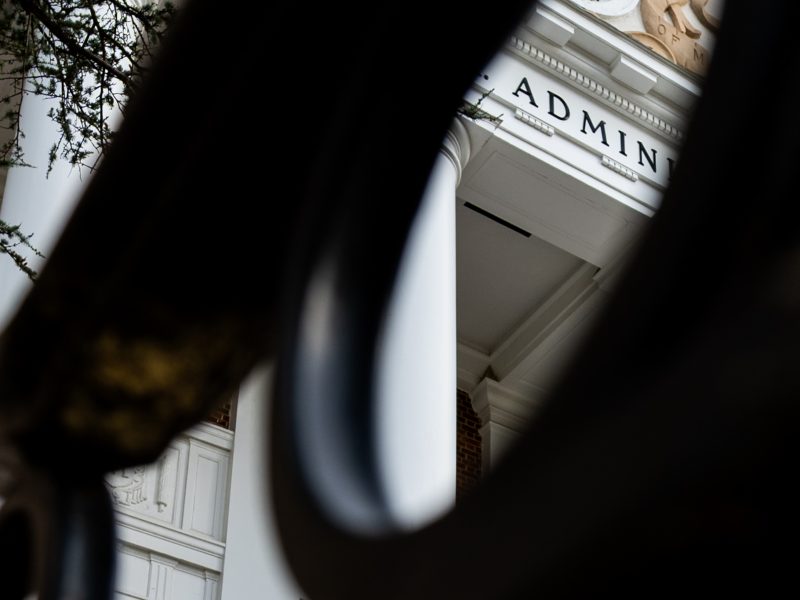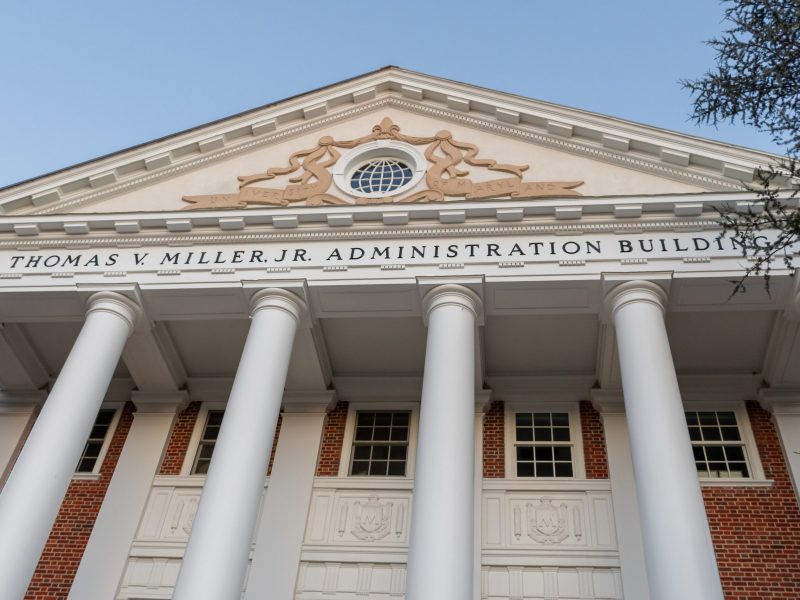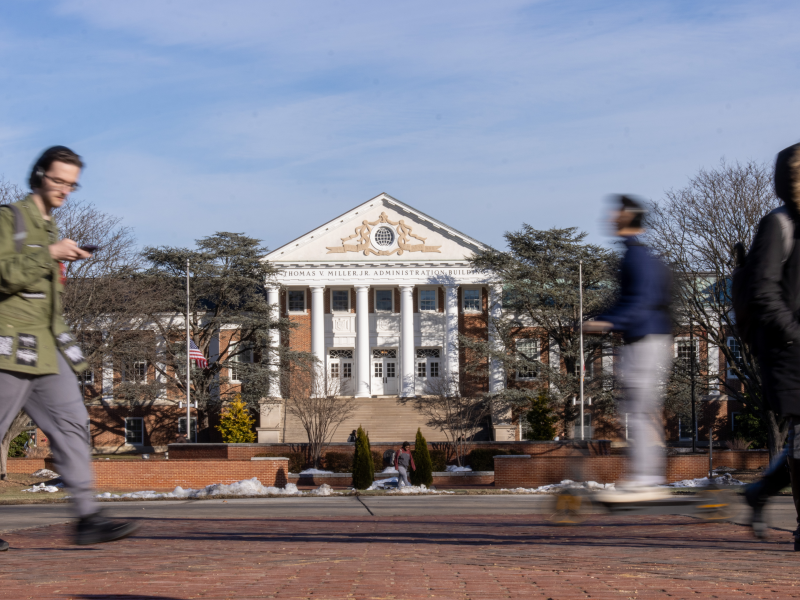Views expressed in opinion columns are the author’s own.
University of Maryland SGA’s mission is “to create a better undergraduate experience and community at the University of Maryland.” As members of the SGA, we work hard everyday to make those words a reality.
One of the projects we’re most proud of this year is the Student Leadership Grant. This project, led by Student Government Association President Katherine Swanson, is an initiative aimed at providing scholarships for students in financial need to pursue leadership positions on the campus, particularly students whose work schedules often prohibit time spent on other on-campus activities.
In a groundbreaking paper titled “The Engagement Gap: Social Mobility and Extracurricular Participation among American Youth,” researchers Kaisa Snellman, Jennifer Silva, Carl Frederick and Robert Putnam identify the many advantages students reap from being involved in activities beyond the classroom. From a young age, they argue, a student’s level of participation in extracurricular activities is closely correlated to a student’s eventual level of success as an adult.
While the research focuses on studies of high-school aged Americans, its overwhelming finding is resounding: extracurricular activities help students gain critical skills that transcend the classroom, predicting their success well into adulthood. Student organizations and on-campus involvement help students later become better managers, supervisors and employees with extraordinary communication, social and organizational skills. Students who are involved in these activities also build healthy, productive relationships with the coaches, mentors, advisers and fellow students associated with on-campus involvement.
The benefits that come with extracurricular involvement are not lost on employers, who are increasingly looking for such involvement. Recruiters are trained to find students with not only stellar GPAs, but also with impressive internship experiences and leadership activities, such as executive roles in student groups.
Unfortunately, these opportunities aren’t afforded equally among college students. Research, as mentioned earlier, shows that working-class students do not participate in organized activities outside the classroom as frequently as their wealthier peers, and this gap has only increased over time. It’s clear to us that this is no coincidence, but rather the result of a disparity in resources between students who must pay for college on their own, and those who are free from that financial burden. This problem affects our own campus community, and is why we chose to commit to finding a solution when elected to serve last year.
Many undergraduates work to make ends meet in addition to taking a full course load. According to the National Center for Education Statistics, “nearly one in ten (8 percent) full-time, traditional-age undergraduates is employed at least thirty-five hours per week.” At this university, we have a club for almost every interest you can think of, and our robust selection of student organizations is often a selling point on campus tours. But these student organizations and on-campus activities often require several hours a week to be successful, meaning students who must work throughout the week to support themselves (and sometimes their families, too), aren’t always able to make that time commitment, rendering that opportunity lost.
These activities and organizations help students discover their passions, join vibrant communities and gain lifelong friends and a competitive edge in job searches. We believe these experiences should not be a reality for only those who can afford it; they are essential to every student’s success.
The Student Leadership Grant isn’t a catch-all solution to the systematic barriers low-income students face. However, in our effort to create a better undergraduate experience and community here on our beloved campus, the Student Leadership Grant presents an opportunity to begin to fight those systemic barriers by helping more students get involved and raising awareness of the serious financial burden many students face while pursuing their education. Whether involvement means running for president of an organization, being a valuable member of a team or starting a new club, we are dedicated to making on-campus involvement an experience without a price tag.
This column was written by the SGA Executive Board members Katherine Swanson, Fasika Delessa, AJ Pruitt, Perry Bloch and Chris Ricigliano. They can be reached at sgapresident@umd.edu.



